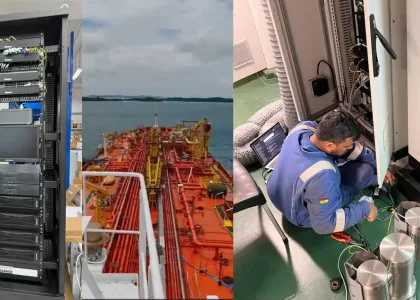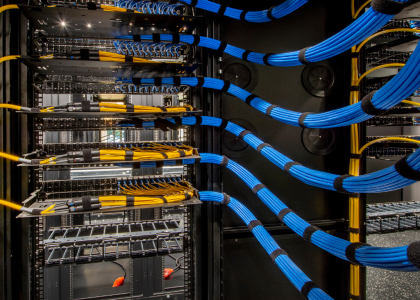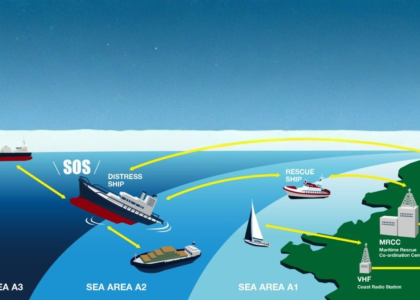The offshore industry is stepping into a new era of connectivity with the arrival of 5G technology. From oil rigs to FPSOs (Floating Production Storage and Offloading vessels), offshore communication systems are critical for operational efficiency and safety.
But what makes 5G a game-changer? In this blog, we’ll explore how 5G is revolutionizing communication in the offshore sector and why it’s a step forward for the industry.
What is 5G, and Why is it Important for Offshore Operations?
5G, the fifth generation of wireless communication, offers faster speeds, lower latency, and higher device capacity compared to 4G. Imagine upgrading from a slow country road to a multi-lane highway, it’s smoother, faster, and can handle more traffic.
For offshore communication, 5G delivers:
- Real-time data transfer for quicker decision-making.
- Seamless connectivity for thousands of devices on platforms and vessels.
- Reduced latency, meaning near-instant communication and responses.
These improvements make 5G essential for enhancing offshore operations and safety systems.
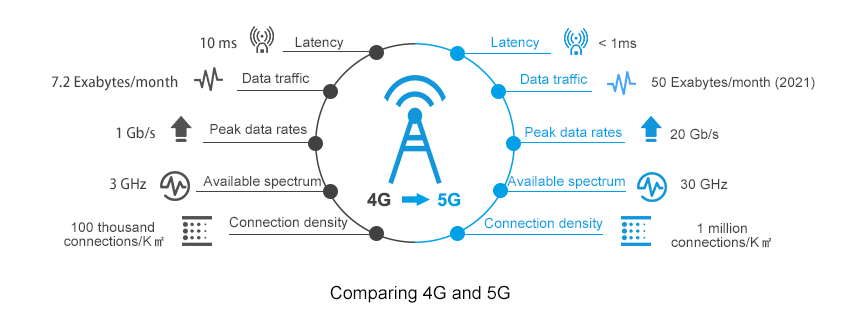
Benefits of 5G in Offshore Communication Systems
1. Ultra-Fast Data Speeds
Offshore platforms rely on large amounts of data, from weather monitoring systems to equipment sensors. With 5G, this data can be transmitted instantly, enabling efficient operations and proactive problem-solving.
2. Low Latency Communication
Latency, the delay in communication, is drastically reduced with 5G. For offshore activities like remotely operating underwater vehicles or coordinating emergency responses, this is critical.
3. Improved Reliability
Harsh environments and remote locations often disrupt communication. 5G’s resilient infrastructure ensures consistent and dependable connectivity, even in challenging offshore conditions.
4. Enhanced IoT Capabilities
The offshore industry is adopting Internet of Things (IoT) devices for smarter operations. 5G supports thousands of IoT devices simultaneously, enabling better monitoring, automation, and predictive maintenance.
5. Better Connectivity for Workers
Offshore workers can enjoy high-speed internet for video calls, entertainment, and staying in touch with family—improving their quality of life during long stays at sea.
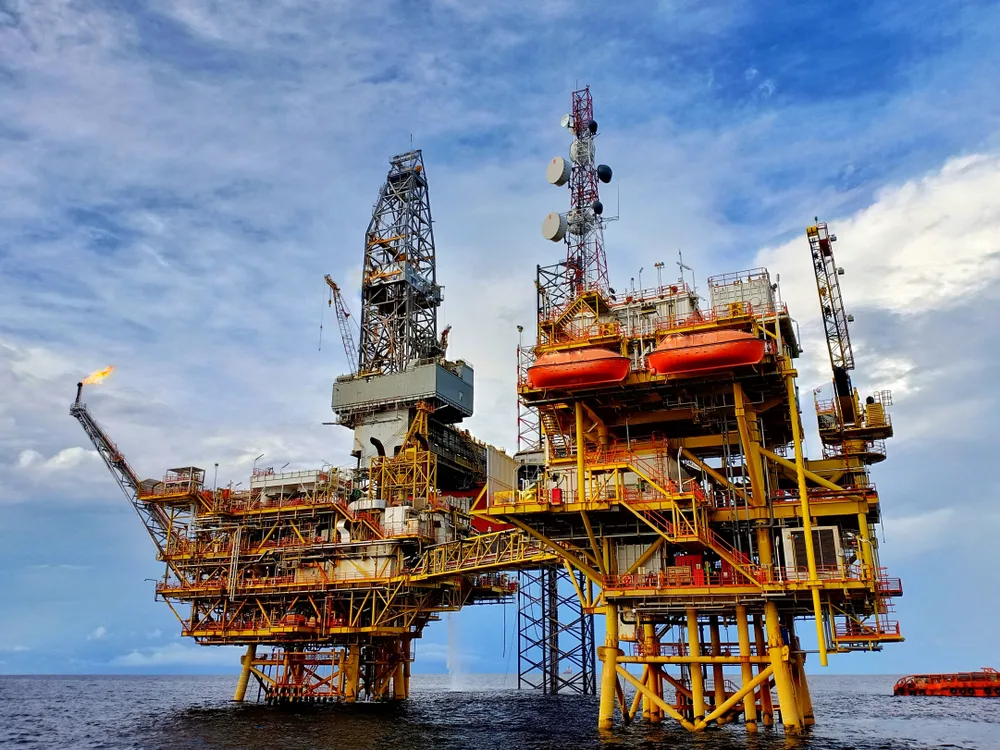
How 5G is Transforming Offshore Operations
Real-Time Monitoring
5G allows onshore teams to monitor offshore equipment and systems in real-time, reducing the need for frequent site visits.
Safety Enhancements
Emergency communication systems, CCTV feeds, and worker tracking operate with greater accuracy and speed, improving safety protocols.
Cost Savings through Predictive Maintenance
5G-connected sensors can detect potential equipment failures before they happen. This proactive approach minimizes downtime and avoids costly repairs.
Remote Control of Offshore Equipment
With low latency, 5G enables precise control of equipment like underwater robots, boosting efficiency and reducing risks to human workers.
Get The Right Team
Team Vivo Asia has over 10 years of experience in the offshore energy industry, designing, integrating and commissioning telecom, IT and ELV systems. Get our expert Engineers and technicians at Vivo Asia to implement these cutting-edge solutions and elevate your offshore communication systems to the next level.







